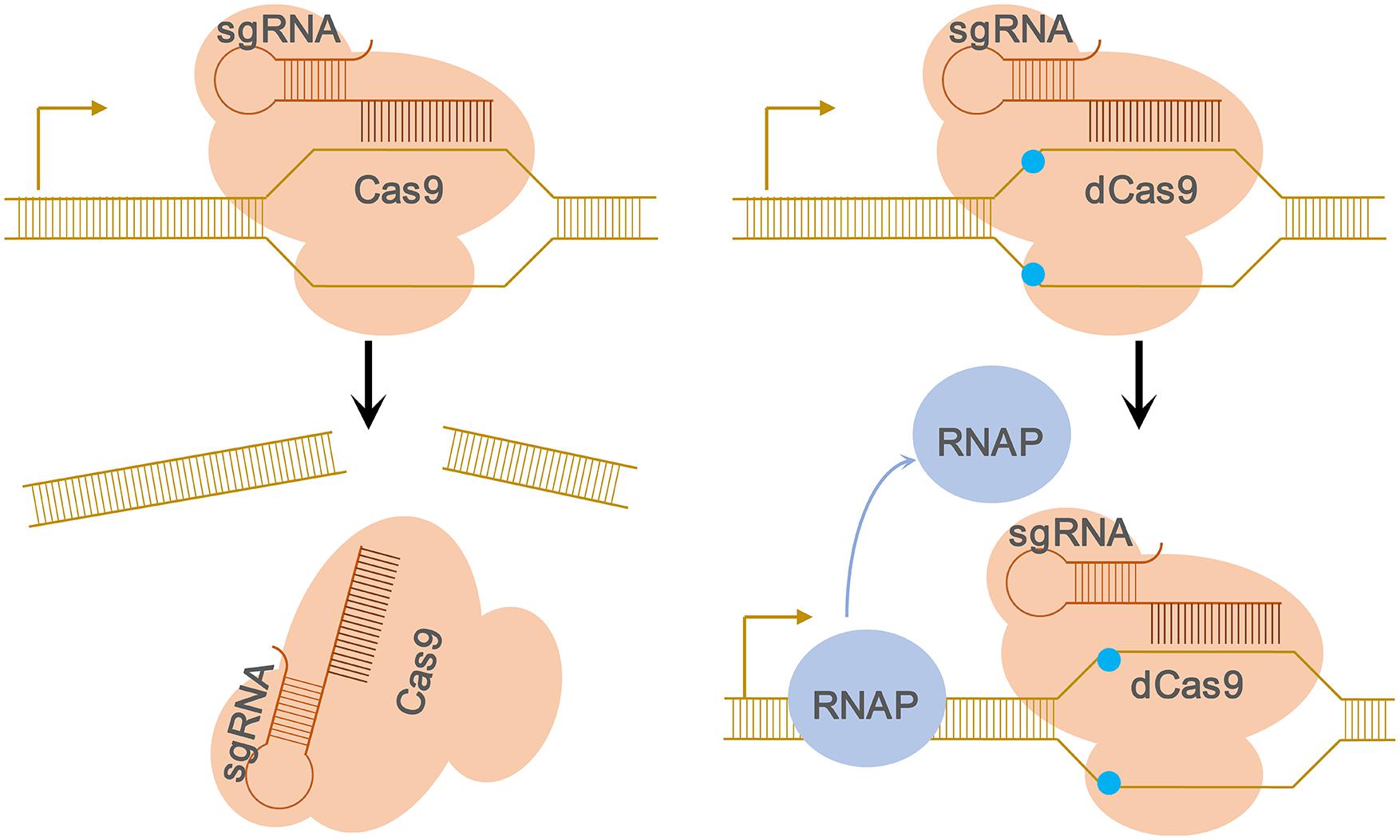In recent years, the field of synthetic biology has seen substantial growth, revolutionizing our understanding of the natural world and offering an array of applications across various industries, notably in health and agriculture. The United States, among other countries, has dramatically invested in research and development in the field.
Understanding Genome Editing and CRISPR-Cas9
Genome editing, a paradigm-shifting branch of molecular biology, allows scientists to modify the DNA sequence of living cells. Among the range of genome-editing technologies available, the CRISPR-Cas9 system has gained widespread renown due to its efficiency and simplicity. This system, which has enabled an unprecedented level of control over genetic information, can introduce desired DNA sequences into the genome of diverse living organisms, including plants and animals.
Delving Deeper: Genome Editing Technologies
The process of genome editing typically involves precise, targeted changes to the DNA sequence within a cell. These changes can be insertions, deletions, or substitutions of specific DNA sequences. The CRISPR-Cas9 system, commonly used in genetic engineering, has revolutionized our ability to make these alterations with an unparalleled level of precision.







